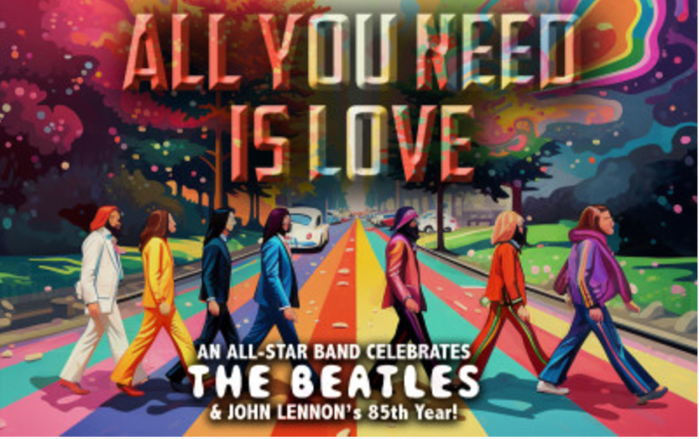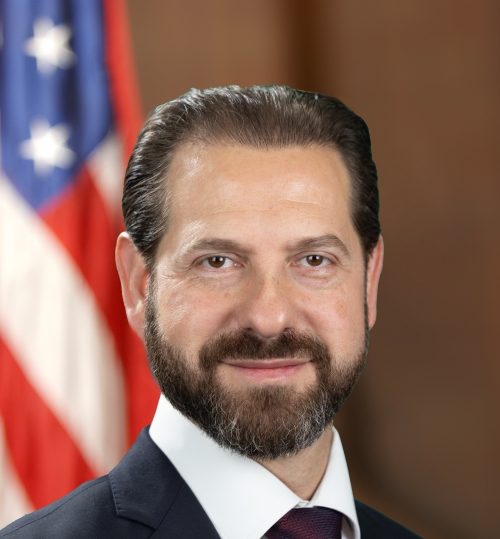When and how to forgive others is an issue people grapple with throughout their lives. Forgiveness is crucial to our well-being because it is the key that unshackles us from the pain of the past, allowing us to live in the now and embrace the future. Perhaps this is why the transformative power of forgiveness is often explored in films. “Casablanca,” “Love Story,” “The Lion King,” and “Shawshank Redemption” are but a few examples. Literature abounds with tales of forgiveness from beloved classics, such as “Les Misérables,” “Crime and Punishment,” and “Great Expectations,” to more contemporary novels like “All the Light We Cannot See.” and “The Shack.”
Every religion and religious text extensively addresses this issue, from the teachings of the Buddha to the Torah to the New Testament, the Quran, and the Bhagavad Gita. Still, we often struggle to understand what it truly means to forgive. It seems we forgive too quickly or don’t forgive at all.
The Merriam-Webster dictionary defines the verb forgive as “to cease to feel resentment against (an offender).” Often, we claim we have forgiven others long before the anger or resentment subsides. In these instances, we deny, suppress, or repress unpleasant feelings, deluding ourselves and others into thinking we have done the inner homework necessary to forgive another.
So, why should you even bother to forgive others? For one thing, it’s good for your physical and psychological health. According to an article on Johns Hopkins Medicine’s website, “Forgiveness: Your Health Depends on It,” numerous benefits are obtained from the act of forgiveness, including lowering blood pressure and risk of heart attacks, improving cholesterol levels, and reducing anxiety and depression.
Furthermore, until true forgiveness transpires, you are energetically bound to the offender. These invisible cords bind as strongly as any chains, and you will stay in the crippling bondage of hatred, resentment, and revenge. Forgiveness cuts these strangulating cords and frees you to move on in peace.
Forgiving the seemingly unforgivable is more manageable, knowing that you can forgive the person but do not have to forgive their actions. Additionally, forgiveness does not imply letting someone off the hook without being accountable for their actions. The offender must make amends, offer compensation, and never repeat those hurtful behaviors.
The knowledge that forgiveness does not mean reconciling with someone, especially if allowing them back into your life gives them other opportunities to hurt you again, is another liberating truth. Remember, reconciliation is a two-way street. It isn’t the responsibility of the offended party to bury the hatchet if the offending party has no real intention of changing. Reconciliation must be earned through words and deeds. Ultimately, reconciling with a person, regardless of repentance, is up to you. After deep soul-searching, if you believe this person still has great potential to wrong you again, you can cut them out of your life. Forgiveness merely allows you to walk away guilt-free.
Forgiveness does not mean forgetting. When we forget the wrongdoings others have done to us, it allows them to hurt us again. We must learn to “forgive and remember” so these past injustices will never be repeated in the future.
Miraculously, finding forgiveness with someone who has crossed over to the Other Side is possible. Dying ends a life, but not our relationship with this person. You can process this longstanding hurt and betrayal by going to therapy or confiding in someone you trust about the thoughts, issues, and feelings that are consuming you. Once you have done that, write a letter to the deceased person stating why you are angry and resentful toward them. After doing so, pay attention to any signs or messages you receive from the Other Side.
True forgiveness is not just a profound shift in our thinking but a closing of a wound in our hearts, souls, minds, and bodies. Healing of this magnitude takes time, patience, justice, and making amends. Once these things have occurred, forgiveness becomes a conscious choice to move beyond victim consciousness and get on with our lives.
Finally, if you have done everything humanly possible to forgive and still resentment, revenge, and the need for retaliation burn in your soul, turn this experience over to the divine instrument known as grace. Grace will allow the miracle of forgiveness to be processed for you. One wondrous day, this burden of sorrow will be lifted, and you will feel the freedom and power that true forgiveness brings.






























